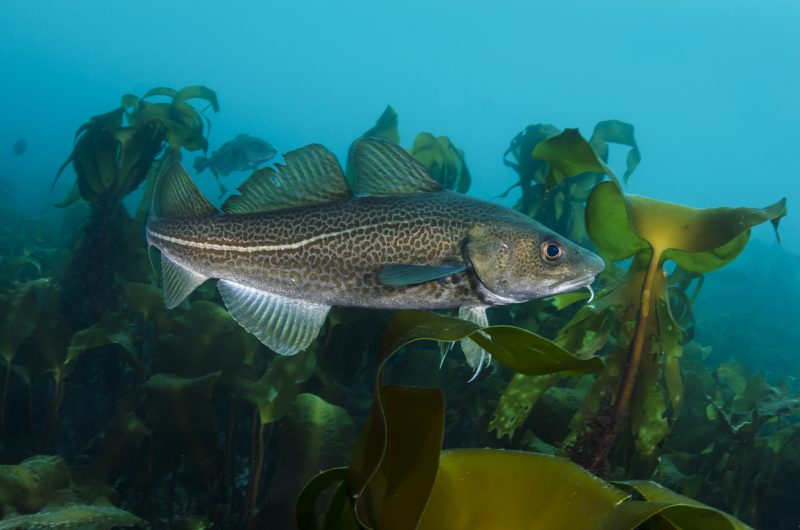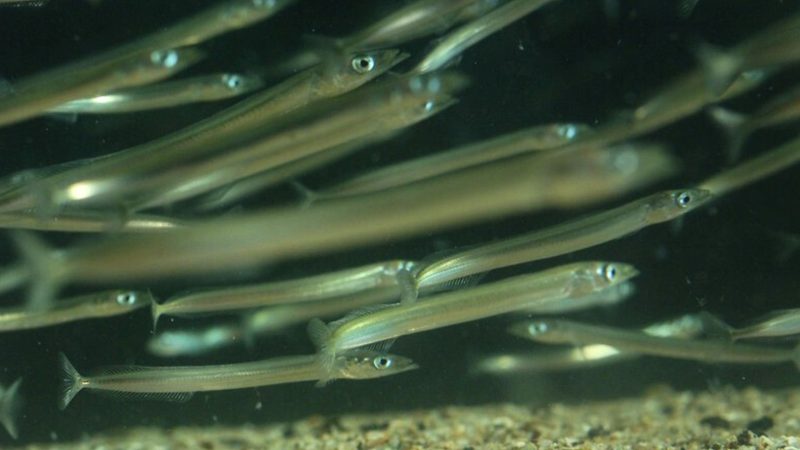BLUE has been campaigning for the creation of more marine reserves around the UK Overseas Territories since the historic declaration of a reserve around the British Indian Ocean Territory, or Chagos Archipelago, in 2010.
We recently joined forces with other NGOs, scientists and celebrities to form the Great British Oceans Coalition. Our campaign was given a huge publicity boost last month when our friend, the actress, Helena Bonham Carter appeared in publications around the world cuddling a bigeye tuna to draw attention to the crisis of over-fishing.
On hearing the news, Helena told us, “It’s very proud-making that the government has just declared the largest marine reserve in the world.
“The waters around Pitcairn are teeming with turtles, whales, sharks and tuna, like the one I was cuddling in the Fishlove pictures. Thanks to this move by the government, these threatened species can regenerate and we won’t have to explain to our great grandchildren what a tuna is.
“I never knew taking my clothes off could be so effective. I must do it more often.”
Zac Goldsmith, who has been campaigning strenuously for the creation of marine reserves around the UKOTS, described the move as ‘the single biggest conservation measure by any government’. He sent us a text thanking us for BLUE’s role in making it happen, as did some people in the government itself.
The government’s intention to designate a Pitcairn marine reserve puts Britain close to presiding over the largest amount of fully protected waters on Earth. America is currently ahead by a few thousand square kilometres after the creation of the extended Pacific Remote Islands Marine National Monument reserve by President Obama last summer.
Britain will now have 1.49m square kilometres of fully protected reserves, compared with the US on 1.57m sq kilometres post this Pitcairn announcement. We are inching further towards BLUE’s mission of ten per cent of ocean under protection by 2020 – and Britain stands within an ace of becoming the leading government for marine conservation in the world. It is possible the manifestos will take us over the threshold.
Charles Clover, our chairman, said: “Declaring a marine reserve around Pitcairn is a visionary thing to do and the right thing to do. This is a fantastic achievement and while most would agree this probably isn’t the greenest government ever, it is certainly now the bluest government ever.”
Some 94% of the UK’s biodiversity exists in its Overseas Territories and the waters around Pitcairn are regarded as globally significant. Over 1,200 marine species have been recorded around there, including whales and dolphins, 365 species of fish, turtles, seabirds and corals. Forty-eight of these species are globally threatened – such as the critically endangered hawksbill turtle, and some are found nowhere else on Earth – such as the Pitcairn angelfish.
The UK is responsible for the fifth largest area of ocean in the world, measuring 6.8 million square kilometres, over twice the size of India, and nearly 30 times the size of the UK itself. As a result, Britain has more of a responsibility than most nations for taking a lead in global oceans protection.
The announcement in the Budget saw a great leap forward for ocean’s protection, but there is still a huge amount to do.
BLUE’s next focus will be to persuade the next government to declare more of the UK’s overseas territories as marine reserves, including Ascension, which would be the Atlantic’s first major reserve, and the South Sandwich Islands off South Georgia.


















